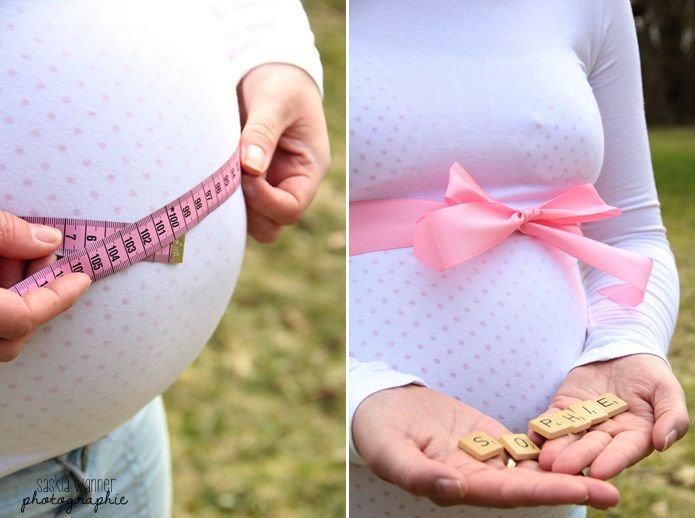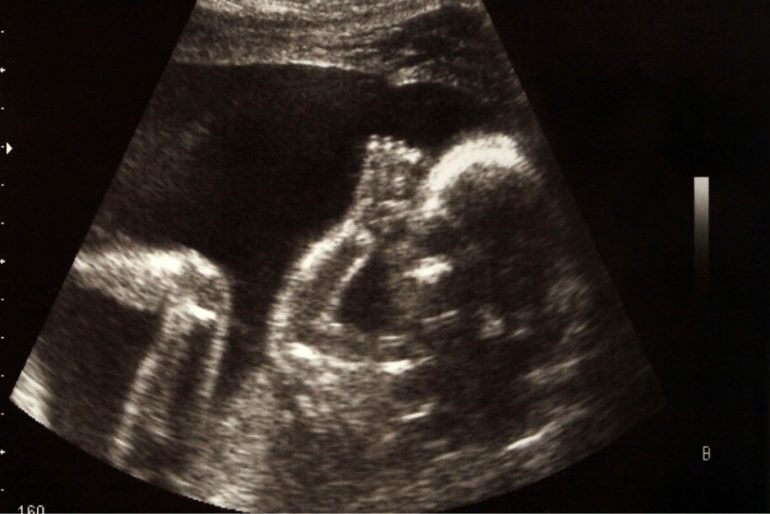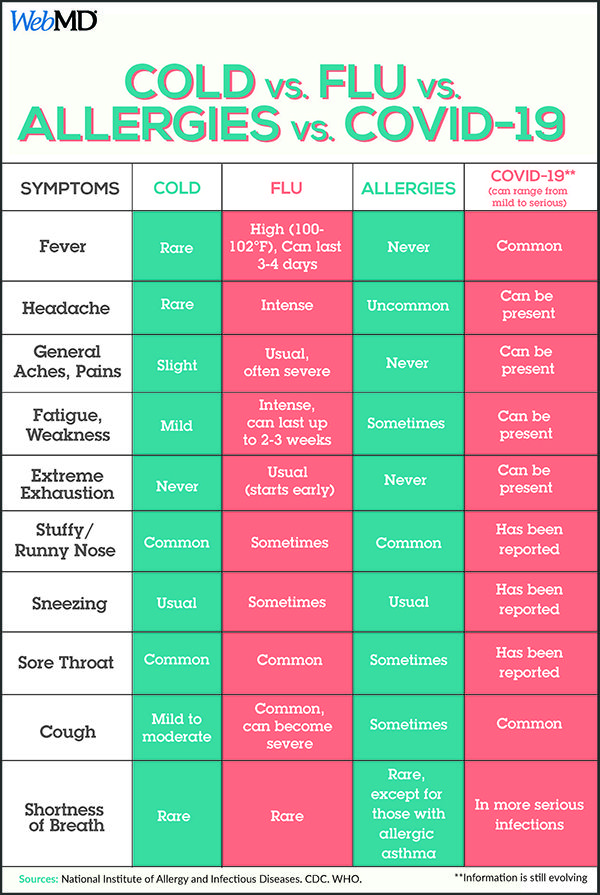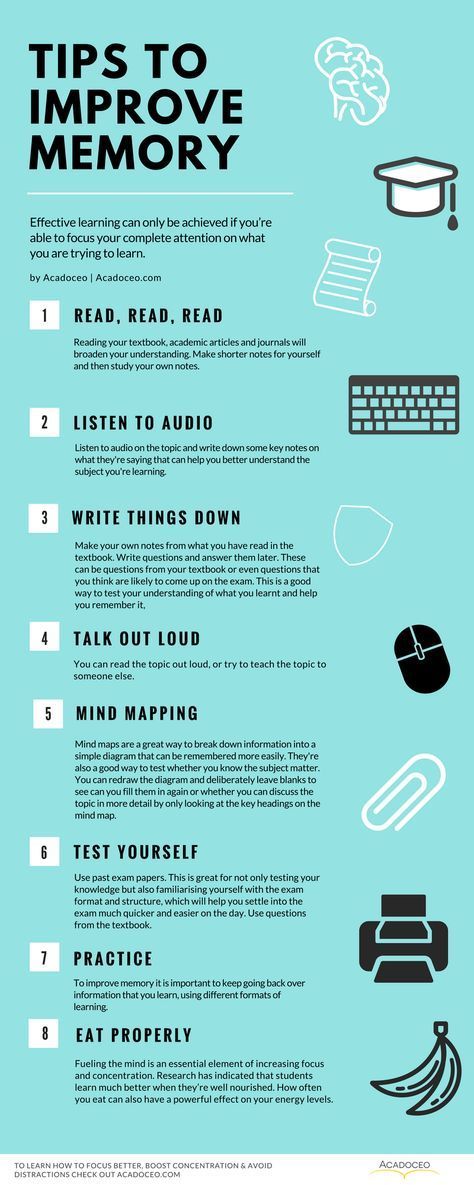Effects of caffeine on pregnancy
Moderate daily caffeine intake during pregnancy may lead to smaller birth size
You are here
Home » News & Events » News Releases
News Release
Thursday, March 25, 2021
Pregnant women who consumed the caffeine equivalent of as little as half a cup of coffee a day on average had slightly smaller babies than pregnant women who did not consume caffeinated beverages, according to a study by researchers at the National Institutes of Health. The researchers found corresponding reductions in size and lean body mass for infants whose mothers consumed below the 200 milligrams of caffeine per day — about two cups of coffee — believed to increase risks to the fetus. Smaller birth size can place infants at higher risk of obesity, heart disease and diabetes later in life.
The researchers were led by Katherine L. Grantz, M.D., M.S., of the Division of Intramural Population Health Research at NIH’s Eunice Kennedy Shriver National Institute of Child Health and Human Development. The study appears in JAMA Network Open.
“Until we learn more, our results suggest it might be prudent to limit or forego caffeine-containing beverages during pregnancy,” Dr. Grantz said. “It’s also a good idea for women to consult their physicians about caffeine consumption during pregnancy.”
Previous studies have linked high caffeine consumption (more than 200 milligrams of caffeine per day) during pregnancy to infants being small for their gestational age (stage of pregnancy) or at risk for intrauterine growth restriction—being in the lowest 10th percentile for infants of the same gestational age. However, studies on moderate daily caffeine consumption (200 milligrams or less) during pregnancy have produced mixed results. Some have found similar elevated risks for low birth weight and other poor birth outcomes, while others have found no such links. The current study authors noted that many of the earlier studies did not account for other factors that could influence infant birth size, such as variation in caffeine content of different beverages and maternal smoking during pregnancy.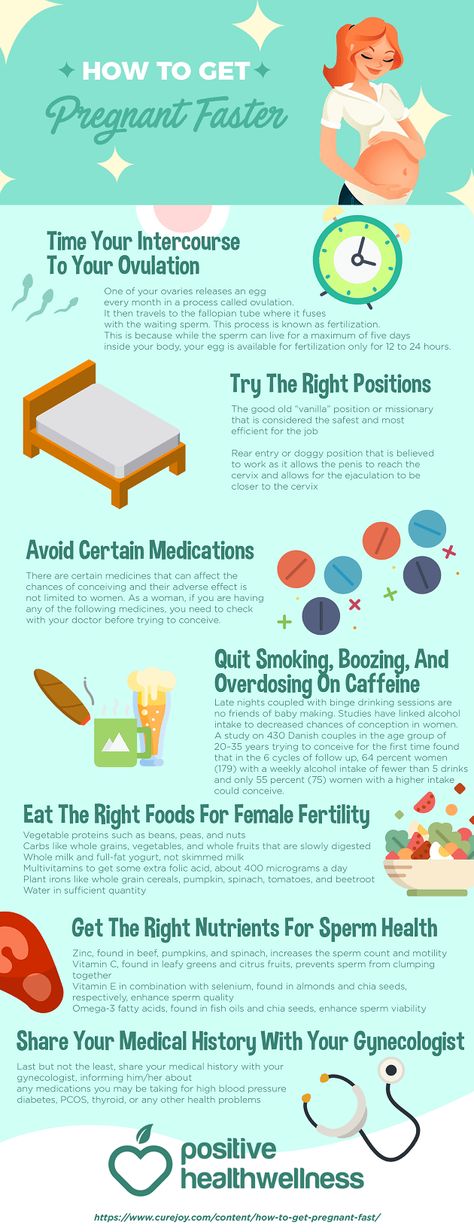
For their study, the authors analyzed data on more than 2,000 racially and ethnically diverse women at 12 clinical sites who were enrolled from 8 to 13 weeks of pregnancy. The women were non-smokers and did not have any health problems before pregnancy. From weeks 10 to 13 of pregnancy, the women provided a blood sample that was later analyzed for caffeine and paraxanthine, a compound produced when caffeine is broken down in the body. The women also reported their daily consumption of caffeinated beverages (coffee, tea, soda and energy drinks) for the past week—once when they enrolled and periodically throughout their pregnancies.
Compared to infants born to women with no or minimal blood levels of caffeine, infants born to women who had the highest blood levels of caffeine at enrollment were an average of 84 grams lighter at birth (about 3 ounces), were .44 centimeters shorter (about .17 inches), and had head circumferences .28 centimeters smaller (about .11 inches).
Based on the women’s own estimates of the beverages they drank, women who consumed about 50 milligrams of caffeine a day (equivalent to a half cup of coffee) had infants 66 grams (about 2.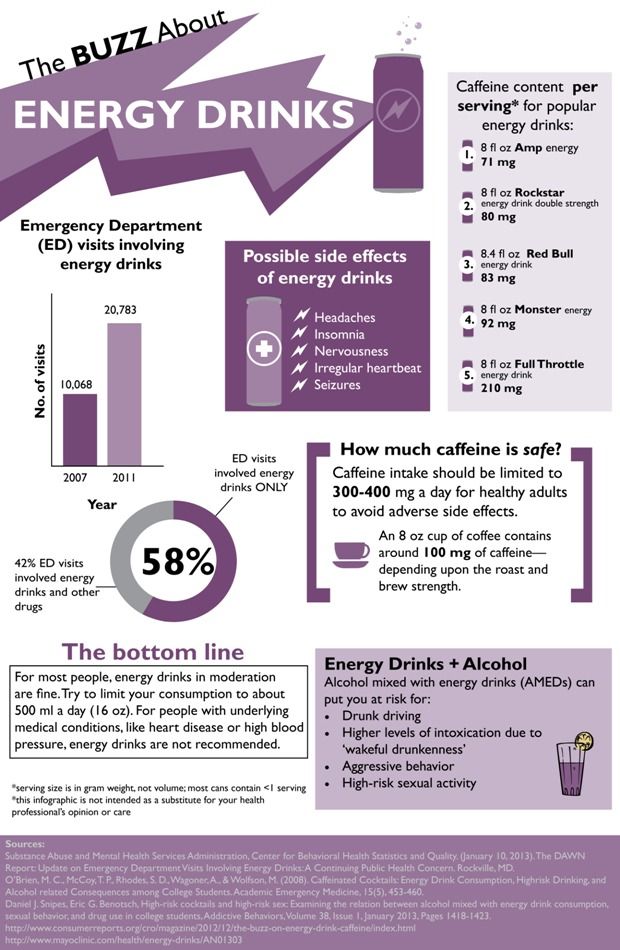 3 ounces) lighter than infants born to non-caffeine consumers. Similarly, infants born to the caffeine consumers also had thigh circumferences .32 centimeters smaller (about .13 inches).
3 ounces) lighter than infants born to non-caffeine consumers. Similarly, infants born to the caffeine consumers also had thigh circumferences .32 centimeters smaller (about .13 inches).
The researchers noted that caffeine is believed to cause blood vessels in the uterus and placenta to constrict, which could reduce the blood supply to the fetus and inhibit growth. Similarly, researchers believe caffeine could potentially disrupt fetal stress hormones, putting infants at risk for rapid weight gain after birth and for later life obesity, heart disease and diabetes.
The authors concluded that their findings suggest that even moderate caffeine consumption may be associated with decreased growth of the fetus.
About the Eunice Kennedy Shriver National Institute of Child Health and Human Development (NICHD): NICHD leads research and training to understand human development, improve reproductive health, enhance the lives of children and adolescents, and optimize abilities for all.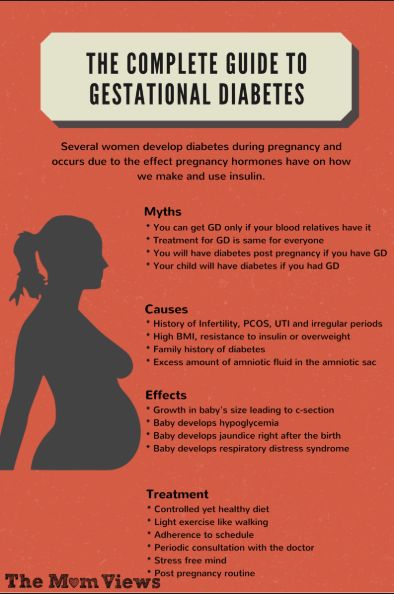 For more information, visit https://www.nichd.nih.gov.
For more information, visit https://www.nichd.nih.gov.
About the National Institutes of Health (NIH): NIH, the nation's medical research agency, includes 27 Institutes and Centers and is a component of the U.S. Department of Health and Human Services. NIH is the primary federal agency conducting and supporting basic, clinical, and translational medical research, and is investigating the causes, treatments, and cures for both common and rare diseases. For more information about NIH and its programs, visit www.nih.gov.
NIH…Turning Discovery Into Health®
References
Gleason, JL et al. Maternal caffeine consumption and metabolism and neonatal anthropometry in the NICHD Fetal Growth Studies. JAMA Network Open. 2021. doi:10.1001/jamanetworkopen.2021.3238
###
Connect with Us
- Contact Us
- YouTube
- Flickr
Caffeine during pregnancy | Pregnancy Birth and Baby
Caffeine during pregnancy | Pregnancy Birth and Baby beginning of content1-minute read
Listen
Consuming large amounts of caffeine during pregnancy may increase the risk of miscarriage or low birthweight, so it’s best to limit your intake of caffeine.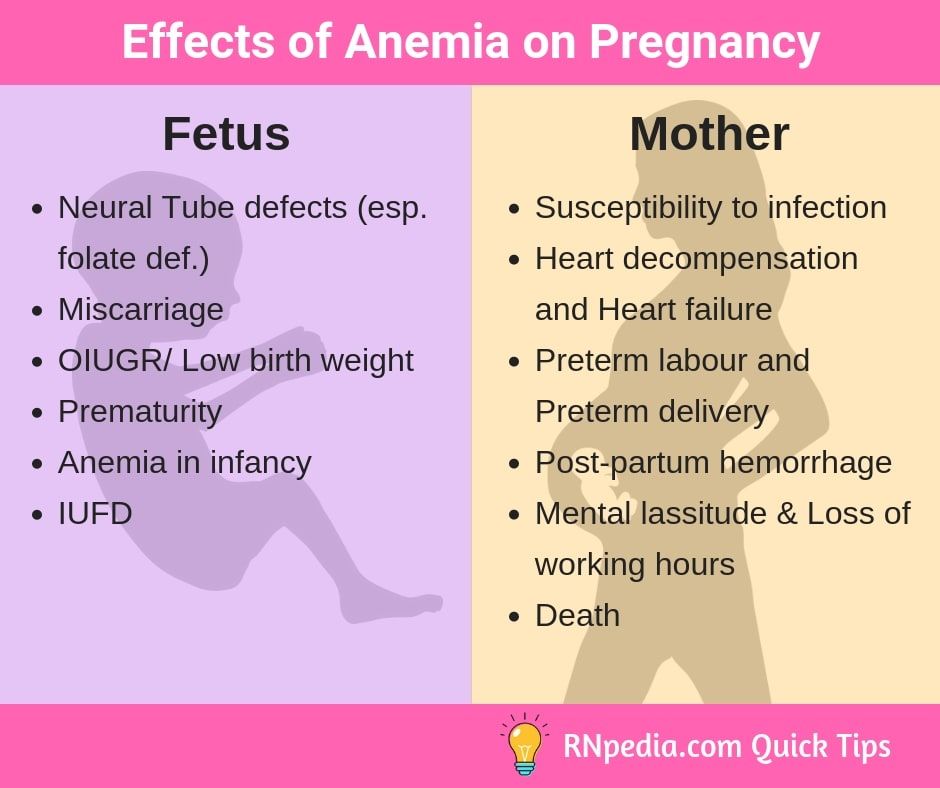
Caffeine is a chemical found in many foods and drinks, including coffee, tea and cola. It affects the nervous system and can cause irritability, nervousness and sleeplessness.
If you are pregnant or breastfeeding, consuming up to 200mg a day is safe for your baby.
The approximate amounts of caffeine found in food and drinks are:
- 1 cup of instant coffee: 60mg
- 1 shot of espresso coffee: 100mg
- 1 cup of plunger coffee: 80mg
- 1 cup of tea: 30mg
- 375ml can of cola: 49mg
- 250ml can of energy drink: 80mg
- 100g bar of milk chocolate: 20mg
Decaffeinated varieties contain little or no caffeine.
Energy drinks are not recommended during pregnancy as they may contain high levels of caffeine, and other ingredients not recommended for pregnant women.
Some cold and flu remedies also contain caffeine. Talk to your midwife, doctor or pharmacist before taking these remedies.
For more information about the caffeine content in food and drink visit Food Standards Australia.
Sources:
Australian Drug Foundation (Caffeine), Food Standards Australia New Zealand (Caffeine), The Royal Women's Hospital Melbourne (Food safety during pregnancy), Australian Breastfeeding Association (Breastfeeding and maternal caffeine consumption), Australian Healthy Food (How much caffeine is in that drink?)Learn more here about the development and quality assurance of healthdirect content.
Last reviewed: August 2020
Back To Top
Related pages
- Foods to avoid when pregnant
- Herbal teas during pregnancy and breastfeeding
- Diet and medication while breastfeeding
Need more information?
Caffeine in pregnancy | Parenthub
Pregnancy Pregnancy and Food Caffeine in pregnancy ( 5 votes, average: 4
Read more on Parenthub website
Effects of caffeine, alcohol and smoking on reproductive outcomes
Some lifestyle behaviours are known to affect fertility, pregnancy health and the health of the baby at birth and in adulthood.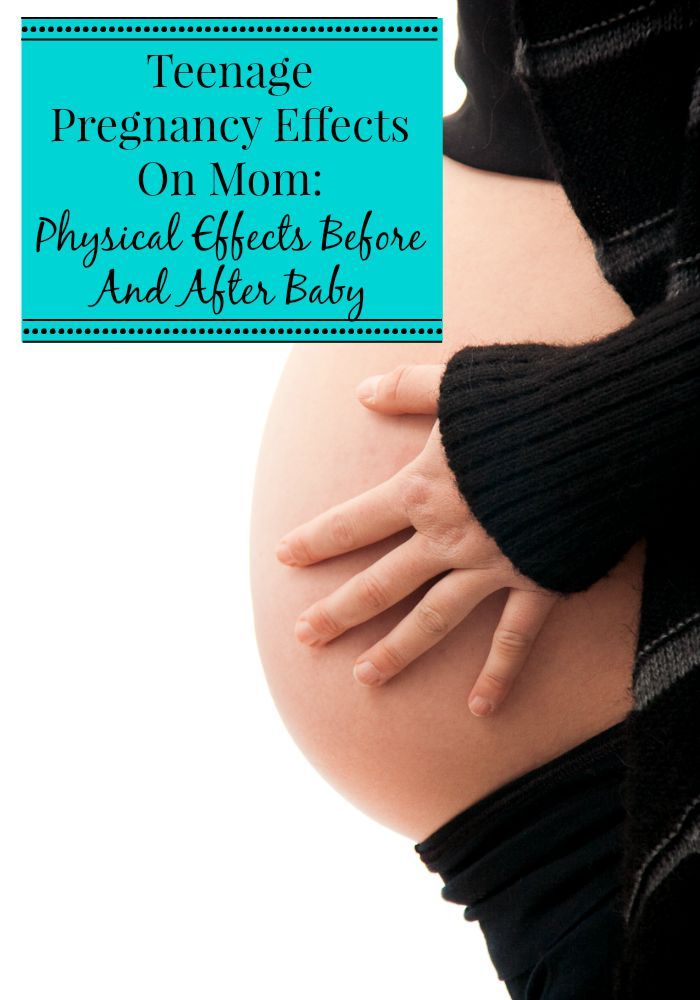 Here is what you need to know about how caffeine, alcohol and smoking affect fertility and reproductive outcomes.
Here is what you need to know about how caffeine, alcohol and smoking affect fertility and reproductive outcomes.
Read more on Your Fertility website
Pregnancy testing options - MyDr.com.au
Testing for pregnancy and ovulation is simple using home pregnancy and ovulation test kits, which give results that are about 99% accurate. Find out what pregnancy and ovulation testing kits are available.
Read more on myDr website
Pregnancy and Sleep
Is sleep important when you are pregnant? Pregnancy is a time when you need to pay particular attention to your health. During pregnancy, the mother’s body changes rapidly. Any health issues may impact on the development and growth of the baby. Most people know that you need a balanced diet and enough exercise, but
Read more on Sleep Health Foundation website
Pregnancy diet: Over-eating | Parenthub
Pregnancy Pregnancy and Food Pregnancy diet: Over-eating ( 3 votes, average: 5
Read more on Parenthub website
Headaches during pregnancy
Headaches are common at various stages of pregnancy. Find out what can help improve your symptoms, and when you should see your doctor.
Find out what can help improve your symptoms, and when you should see your doctor.
Read more on Pregnancy, Birth & Baby website
Pregnancy - medication, drugs and alcohol - Better Health Channel
Most women take a drug of some kind during pregnancy, sometimes without realising the potential for harm.
Read more on Better Health Channel website
Healthy diet during pregnancy
A healthy diet is an important part of a healthy lifestyle at any time, but especially vital if you're pregnant or planning a pregnancy.
Read more on Pregnancy, Birth & Baby website
Indigestion and heartburn in pregnancy
Indigestion (dyspepsia) and heartburn are very common during pregnancy. Find out how to recognise, treat and prevent indigestion.
Find out how to recognise, treat and prevent indigestion.
Read more on Pregnancy, Birth & Baby website
Pregnancy diet: Under-eating | Parenthub
Pregnancy Pregnancy and Food Pregnancy diet: Under-eating ( 3 votes, average: 4
Read more on Parenthub website
Disclaimer
Pregnancy, Birth and Baby is not responsible for the content and advertising on the external website you are now entering.
OKNeed further advice or guidance from our maternal child health nurses?
1800 882 436
Video call
- Contact us
- About us
- A-Z topics
- Symptom Checker
- Service Finder
- Subscribe to newsletters
- Sign in
- Linking to us
- Information partners
- Terms of use
- Privacy
Pregnancy, Birth and Baby is funded by the Australian Government and operated by Healthdirect Australia.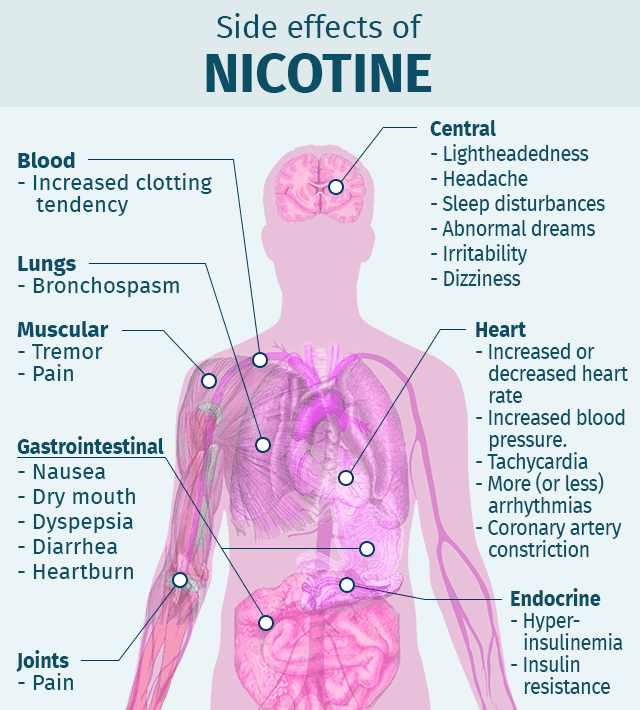
Pregnancy, Birth and Baby’s information and advice are developed and managed within a rigorous clinical governance framework.
This site is protected by reCAPTCHA and the Google Privacy Policy and Terms of Service apply.
Healthdirect Australia acknowledges the Traditional Owners of Country throughout Australia and their continuing connection to land, sea and community. We pay our respects to the Traditional Owners and to Elders both past and present.
This information is for your general information and use only and is not intended to be used as medical advice and should not be used to diagnose, treat, cure or prevent any medical condition, nor should it be used for therapeutic purposes.
The information is not a substitute for independent professional advice and should not be used as an alternative to professional health care.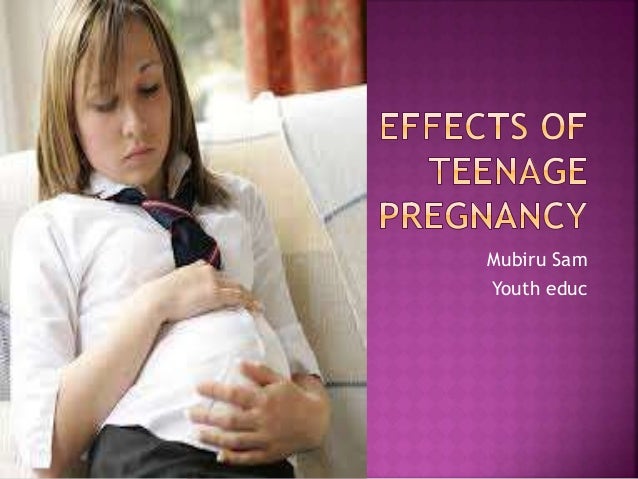 If you have a particular medical problem, please consult a healthcare professional.
If you have a particular medical problem, please consult a healthcare professional.
Except as permitted under the Copyright Act 1968, this publication or any part of it may not be reproduced, altered, adapted, stored and/or distributed in any form or by any means without the prior written permission of Healthdirect Australia.
Support this browser is being discontinued for Pregnancy, Birth and Baby
Support for this browser is being discontinued for this site
- Internet Explorer 11 and lower
We currently support Microsoft Edge, Chrome, Firefox and Safari. For more information, please visit the links below:
- Chrome by Google
- Firefox by Mozilla
- Microsoft Edge
- Safari by Apple
You are welcome to continue browsing this site with this browser. Some features, tools or interaction may not work correctly.
Effect of restricted maternal caffeine intake on pregnancy, fetal and newborn outcomes
Caffeine is a stimulant found in tea, coffee, cola, chocolate and some over-the-counter drugs. Conflicting literature has made it difficult for health professionals to advise pregnant women on whether caffeine intake should be avoided during pregnancy. The clearance of caffeine from the mother's blood (clearance of caffeine from the blood) is slowed down during pregnancy. Some authors of observational studies have concluded that caffeine intake is harmful to the fetus, causing growth restriction, low birth weight, preterm labor, or stillbirth. The newborn may also experience withdrawal symptoms if the mother consumes large amounts of caffeine during pregnancy (more than eight cups of coffee per day). nine0003
Conflicting literature has made it difficult for health professionals to advise pregnant women on whether caffeine intake should be avoided during pregnancy. The clearance of caffeine from the mother's blood (clearance of caffeine from the blood) is slowed down during pregnancy. Some authors of observational studies have concluded that caffeine intake is harmful to the fetus, causing growth restriction, low birth weight, preterm labor, or stillbirth. The newborn may also experience withdrawal symptoms if the mother consumes large amounts of caffeine during pregnancy (more than eight cups of coffee per day). nine0003
Two studies met the inclusion criteria, but only one contributed data to the outcomes of interest for the review. The study was conducted in Denmark. Women less than 20 weeks pregnant were randomized to either caffeinated instant coffee (568 post-elimination women) or decaffeinated instant coffee (629 women). Three cups of coffee per day during early pregnancy had no effect on birth weight, preterm birth, or growth restriction.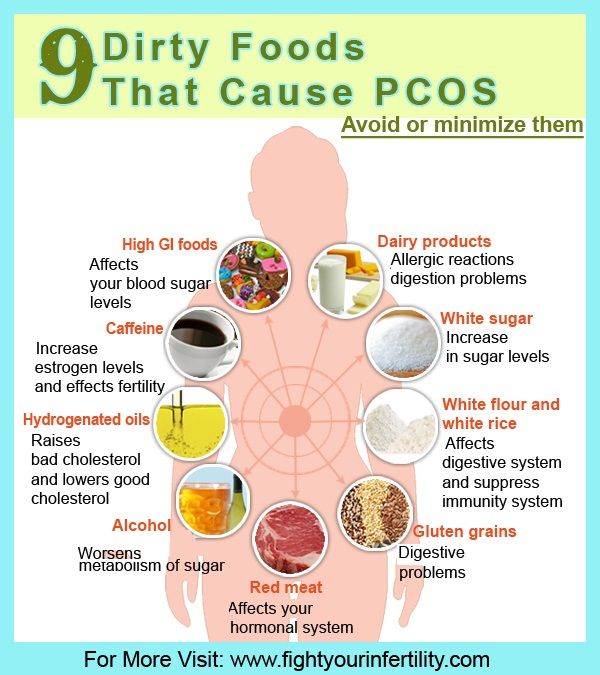 nine0003
nine0003
Both included studies were randomized controlled trials. In one study, pregnant women were randomly assigned to caffeinated or non-caffeinated groups. In another clinical trial, it was not clear if the allocation to study groups was blinded [hidden]. The blinding of study staff and participants was satisfactory in both studies, while blinding of investigators evaluating outcomes was not clearly stated. One study also unclearly explained the presence of attrition bias (dropouts, loss of patients from follow-up). Results from one trial that provided data for analysis showed no evidence of an effect of caffeine withdrawal on outcomes such as birth weight, preterm birth, and small-for-gestational age [gestational age]. nine0003
Two outcomes were assessed and assigned a quality rating using the GRADE methodology. The quality of the evidence for these two outcomes, namely birth weight and preterm birth rate, was rated as low, with downward decisions due in part to the relatively small sample sizes and wide confidence intervals of the single included trial that contributed data to this review.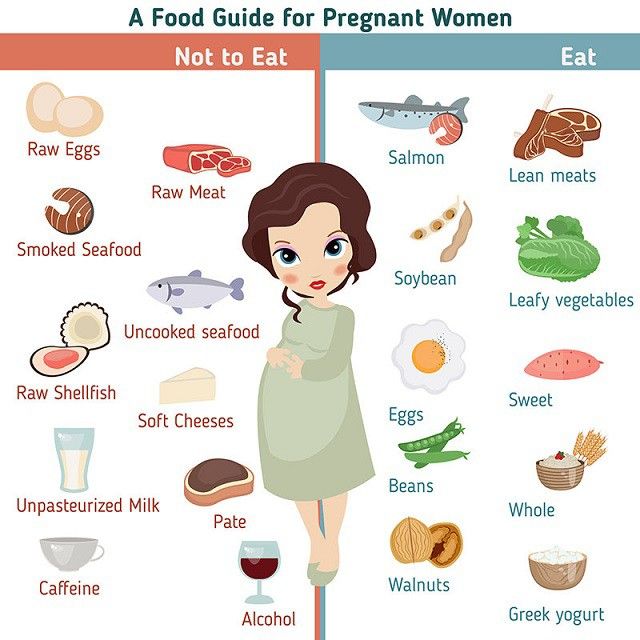
There is insufficient evidence to confirm or refute the effectiveness of avoiding caffeine intake on birth weight and other pregnancy outcomes. nine0003
Translation notes:
Translation: Yudina Ekaterina Viktorovna. Editing: Ziganshina Lilia Evgenievna. Russian translation project coordination: Kazan Federal University - an affiliated center in Tatarstan of the Northern Cochrane Center. For questions related to this translation, please contact us at: [email protected]
is it still possible or not?
June 16, 2022 12:23 Olga Muraya
There are a number of strict dietary restrictions during pregnancy, but it is not necessary to completely eliminate coffee from your daily diet.
Photo by Anna Civolani/Unsplash.
Researchers confirm that drinking coffee during pregnancy poses no serious risks to the mother and her unborn child. nine0003
An international team of scientists has determined that daily coffee consumption does not increase the risk of preterm birth, miscarriage or stillbirth.
Researchers say that pregnant women can safely drink coffee at least every day without fear of side effects. But it is still necessary to limit its consumption to the recommended rate.
Recall that WHO recommends that pregnant women consume no more than 300 mg of caffeine per day. In the United States and some European countries, the maximum dose of caffeine is even less - 200 mg per day. nine0003
In general, these recommendations are equivalent to 1-3 cups of coffee per day, although the amount of caffeine in different coffee drinks can vary greatly.
Previous recommendations were based on observational studies. They make it difficult to separate coffee consumption from other risk factors such as smoking, alcohol or poor diet.
The authors of the new study wanted to find out whether coffee itself actually increases the risk of adverse pregnancy outcomes. nine0003
They relied on research showing that a certain set of genetic variants influences how much coffee we drink.
Of course, the researchers couldn't ask women to drink the prescribed amount of coffee during pregnancy to assess health risks. This would be highly unethical.
Instead, they used genetic analysis to mimic a randomized controlled trial. Let us explain that this is the highest quality standard of scientific work in the view of modern scientists. nine0003
The researchers used a method called Mendelian randomization. ( It is named after the eminent biologist Gregor Mendel. ) Scientists have studied whether eight genetic variants that predict how much coffee a pregnant woman consumes are also associated with birth outcomes.
